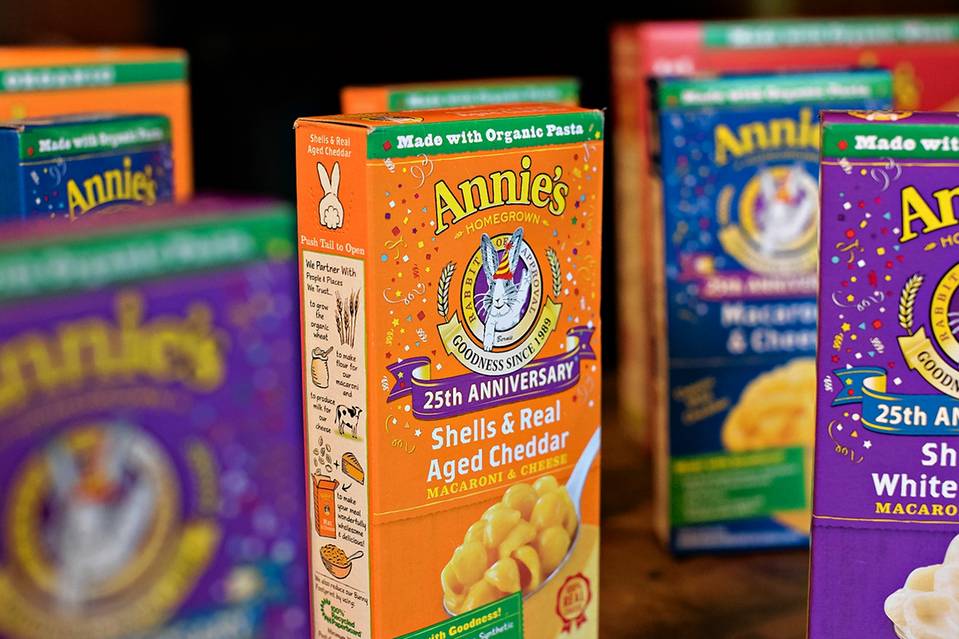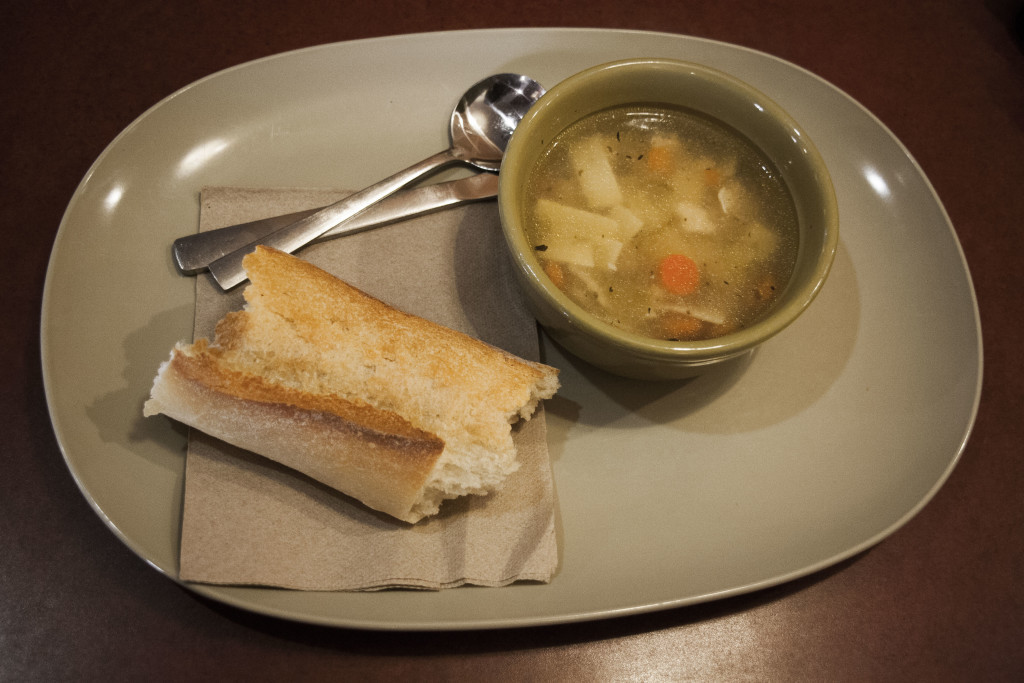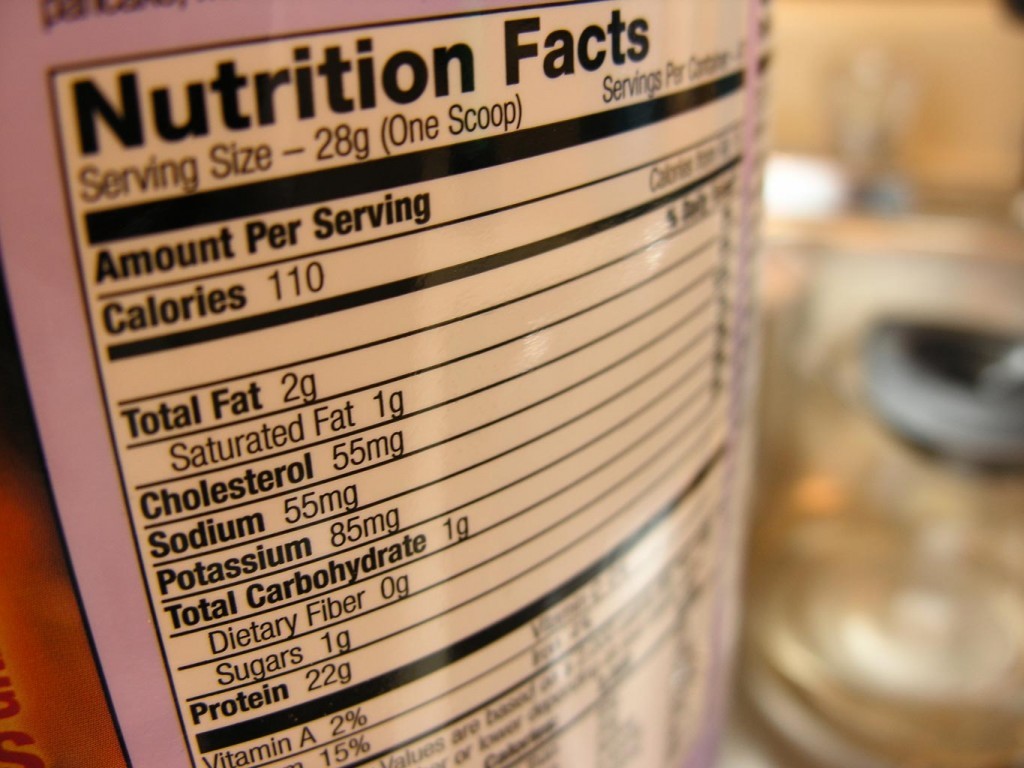By far, the largest push for a trendy, healthy lifestyle is the return to “natural” foods – the escape from the evils of unhealthy, processed foods that have had their nutritional value stripped away by the creators of Frankenfood.
Farmer’s markets are on the rise once again, and consumers are paying more attention than ever to the ingredients on labels. People have been paying better attention to what they are putting in their body, rather than how much of it they’re consuming. An enormous number of companies have taken note of this trend and revamped products as being “natural.”

Photo courtesy of Pixabay.com
But are natural food products healthier for you? What is the FDA’s take and regulation on the word “natural”?
In short, nothing. Yep – there is absolutely no strict definition to what “natural” means on a food label. Food companies were smart enough to take advantage of this trend and exploit it by making new packaging, new flavors and new marketing.
The FDA has made remarks that that it is hard to label any sort of food in the supermarket as strictly “natural” since processed foods are not primary products and even produce must go through the hands of food scientists who check for safety.

Photo courtesy of wsj.com
Even though “natural” or “local” are buzzwords we all try to adhere to, most of the food products we buy are simply not from local places. It would be neat if we could all grow our own gardens again, but that’s not reasonable for the modern person. Modern food safety techniques and technologies have enabled us to buy our favorite Naked juice (which was bought out by Pepsi) anywhere from Maine to New Mexico.

Photo by Ashton Caudle
Is there a problem with this? Companies like Panera have made a conscious effort to eliminate artificial flavors, sweeteners, and preservatives from their food products in order to appeal to consumers. This return to the good ol’ ways of healthy food could have negative repercussions for the company, however; in a world of Instagram eaters, a brown mac and cheese from the lack of artificial color may be unappealing to consumers.
In addition to restaurants, big companies like Coca-Cola have bought out brands like Honest Tea in order to appeal to the modern consumer. The good news is that most of these huge companies are attempting to preserve the ideals behind a “natural” brand. It’s all about efficiency and even distribution.

Photo by Caitlin Wolper
The problem with “natural” is it’s hard to label and manage since it lacks the clarity of GMO or organic designation. What should and shouldn’t be on a nutrition label has been a point of contention for consumers over the years, including the GMO labeling argument and the proposal for a new nutrition label design. Eating “natural” has no current health benefits versus conventional food, and “organic” and “natural” are not synonymous either.

Photo courtesy of fda.gov
So what now? No need to ditch all of your naturally flavored juices and popcorns – these foods are just as safe and still have to pass FDA safety guidelines. But there’s something you can do about it.
The FDA is asking consumers to comment on what they believe natural should be, specifically referring to these prompt questions:
- Should be appropriately defined, both in general and on a label?
- If so, how should it be defined?
You can leave your comments here up through February 10, 2016. Go out and make a difference in our food as we know it.


